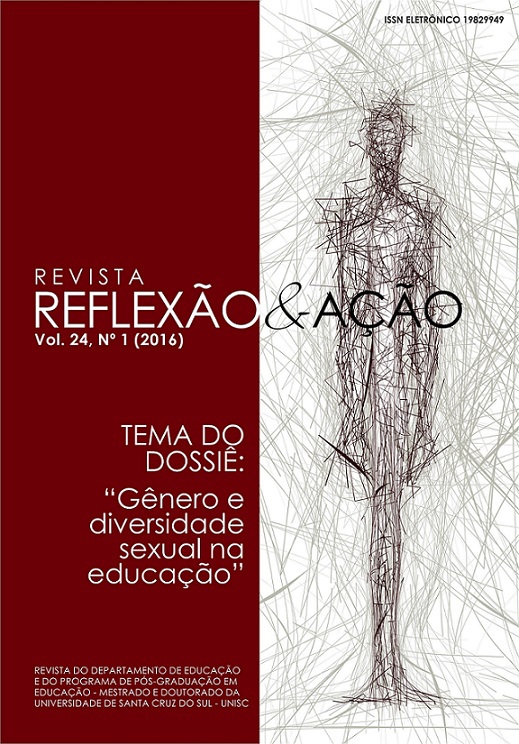MORRO’S GENERATION: A REPORT OF A PSYCHOEDUCATIONAL INTERVENTION IN A PUBLIC SCHOOL
DOI:
https://doi.org/10.17058/rea.v24i1.6004Keywords:
Psychoeducational Practice, Psychologist Training, Phenomenology, Psychological PracticesAbstract
This article describes a psychological and educational intervention performed in a Municipal Elementary School located in Brasilândia, north of the city of São Paulo. The school, concerned about the transition of Primary Education (P.E.) first years students to P.E. final years, requested an intervention from the university. The project was planned to consider the students’ complains and aspirations and to build collectively, with the participation of the school staff, new ways to solve their day-by-day problems. The dialogic educational framework of Paulo Freire and the phenomenological perspective provided the actions’ theoretical underpinnings. There were group activities and reflexive encounters, which showed that students became conscious of their place in the collective world of the school and that our work reverberated outside school walls, within families. It is important to highlight that the project welcomed the educators during activities in which they could share their experiences, feelings, sensations and concerns with specific situations, as well as seek new tools in order to strengthen themselves as educators. The school, after the project, requested for continuation of our partnership through a new project called “Projeto Escuta” (Listening Project). Our initiative opened an important space for discussion about the psychologist’s insertion in the school community and contributed to find ways to reduce the abyss between university and society.Downloads
Downloads
Published
How to Cite
Issue
Section
License
The submission of originals to this journal implies on the transference, by the author(s), of the printed and digital publishing rights. The author´s rights to the published articles are the author´s, the journal has the rights over the first publication. The author(s) can only use the same results in other publications, indicating clearly that this journal was the original publisher. Since we are an open access journal, the free use of articles is permitted for educational and scientific applications, as long as they inform the source according with the CC-BY license from Creative Commons.


